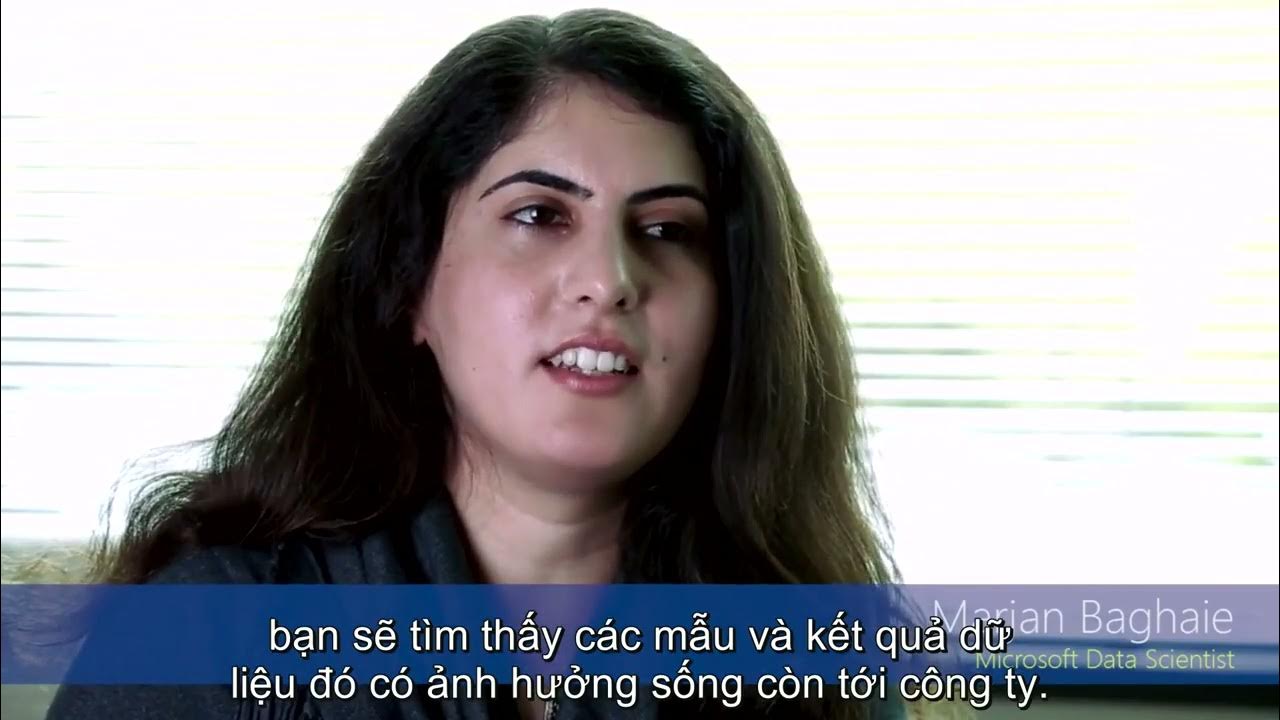How to Practice Case Interviews | Proven Strategies to Practice (Part 8 of 12) | caseinterview
Summary
TLDRThe speaker shares insights on case practice, recommending Business Week for its concise data-driven articles. They discuss the importance of understanding business terminology and concepts, and suggest practicing case openings and closes alone or with a partner. The speaker emphasizes the value of case practice for interview preparation, using made-up scenarios to simulate real case interviews and improve analytical skills.
Takeaways
- 📚 Practice case analysis using short articles from 'Business Week' as they provide concise data.
- 🌟 'Fortune' is less data-focused and more conceptual, which can be useful for broadening perspectives.
- 📈 When practicing, create hypothetical scenarios to simulate the case interview process.
- 📊 Real case interviews will involve hard data, requiring critical thinking and precise analysis.
- 🗣️ Practice opening and closing statements for case interviews to improve structure and delivery.
- 🏥 Explore current business issues like the debate on differential internet speeds and medical bill financing.
- 🔍 Use case studies to familiarize yourself with business lingo and concepts.
- 📈 Track the growth of markets and industries to identify potential business opportunities.
- 🤝 Practice with a partner to simulate real interviews and receive constructive feedback.
- 💡 Practice is key to mastering case interviews; it helps in refining both content and delivery.
Q & A
What does the speaker recommend for practicing case interviews?
-The speaker recommends using short articles from Business Week and Portfolio for practicing case interviews because they tend to have data and are more conceptual.
Why does the speaker find Business Week useful for practice?
-Business Week is useful because the articles are short and data-driven, which helps in practicing analytical thinking and case structuring.
What is the significance of the LeBron James example mentioned in the script?
-The LeBron James example illustrates the importance of understanding market potential and viewership, which is crucial for making strategic business decisions.
How does the speaker suggest practicing for case interviews?
-The speaker suggests practicing by making up scenarios based on articles, writing down terminology that is unfamiliar, and practicing both the opening and closing of a case.
What is the importance of having hard data in real case scenarios according to the speaker?
-Hard data is important in real case scenarios because it provides a solid foundation for analysis and decision-making, unlike the made-up data used in practice.
Why does the speaker emphasize the difference between made-up practice cases and real cases?
-The speaker emphasizes this to highlight that while practice cases can help with structuring and thinking, real cases require precision and are based on actual, logical data.
What is the speaker's approach to reading a new magazine for case practice?
-The speaker's approach is to read a new magazine, identify interesting articles, and then consider what framework could be applied to analyze the situation described.
How does the speaker recommend familiarizing oneself with business concepts?
-The speaker recommends writing down and looking up terminology that is unfamiliar to build a dictionary of business concepts.
What is the purpose of practicing the opening and closing of a case?
-Practicing the opening and closing helps in structuring the case analysis and ensuring a clear and impactful presentation of the conclusions and recommendations.
Why is the speaker's approach to practicing case interviews considered effective?
-The speaker's approach is effective because it mimics real interview scenarios, helps in understanding business lingo, and improves the ability to analyze and structure cases.
What is the speaker's advice on how to handle unfamiliar case scenarios?
-The speaker advises to familiarize oneself with a wide range of business issues and terminologies to handle unfamiliar scenarios by using practice cases and real articles.
Outlines

Dieser Bereich ist nur für Premium-Benutzer verfügbar. Bitte führen Sie ein Upgrade durch, um auf diesen Abschnitt zuzugreifen.
Upgrade durchführenMindmap

Dieser Bereich ist nur für Premium-Benutzer verfügbar. Bitte führen Sie ein Upgrade durch, um auf diesen Abschnitt zuzugreifen.
Upgrade durchführenKeywords

Dieser Bereich ist nur für Premium-Benutzer verfügbar. Bitte führen Sie ein Upgrade durch, um auf diesen Abschnitt zuzugreifen.
Upgrade durchführenHighlights

Dieser Bereich ist nur für Premium-Benutzer verfügbar. Bitte führen Sie ein Upgrade durch, um auf diesen Abschnitt zuzugreifen.
Upgrade durchführenTranscripts

Dieser Bereich ist nur für Premium-Benutzer verfügbar. Bitte führen Sie ein Upgrade durch, um auf diesen Abschnitt zuzugreifen.
Upgrade durchführenWeitere ähnliche Videos ansehen

01 Điều gì khiến tôi mong muốn trở thành một nhà khoa học dữ liệu

Functional Requirements and Specifications: A Quick Tutorial

How Do You Create A Data Strategy?

MUET Writing 800/4 SmallTalk2Me for CEFR Speaking Self-Assessment

My SECRET SAT Study Schedule for EASY 1600s (in 2024)

How To Make Money By Creating Websites As A Teenager & College Student | Make Money As Web Developer
5.0 / 5 (0 votes)
